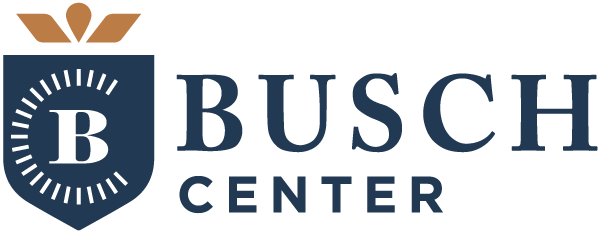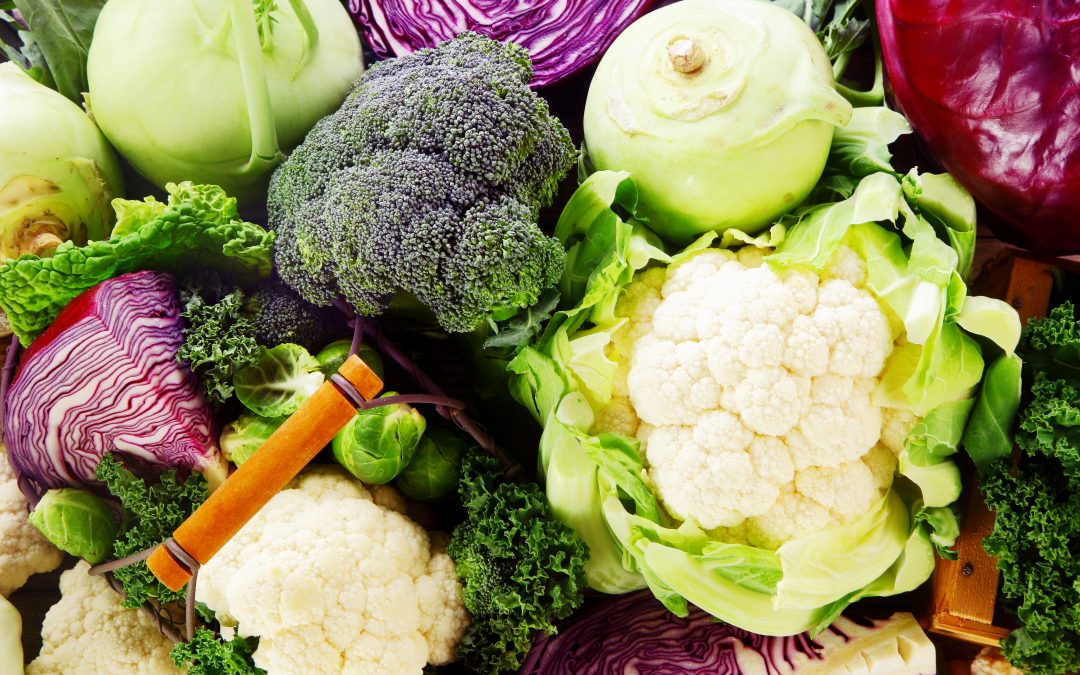After being diagnosed with prostate cancer, you’ll work with your medical team to determine the most appropriate next steps. For some patients, that means active surveillance; for others, treatment is warranted. Regardless of the recommended approach, many medical professionals believe that diet changes can make a positive difference for men with prostate cancer.
Increasingly, medical teams are examining the role of diet in prostate cancer patients. Experts say that proactive dietary changes – particularly for men who eat a high-fat, high-sugar, low-vegetable diet – may help improve their prostate (and overall) health.
Research indicates that a plant-based, low-fat, low-sugar diet may be the best choice for men with prostate cancer. Consuming fruits, vegetables, legumes, and soy may help slow down the growth of prostate cancer. Men with prostate cancer should avoid red meat, processed foods, and refined sugar.
Men with prostate cancer should eat:
- Plenty of antioxidant-rich fruits and vegetables.
- Tomatoes and tomato products, which are high in lycopene, an antioxidant that has been shown to boost prostate health.
- Fruits containing pectin, such as peaches, plums, apricots, oranges, and apples, which may help reduce the number of cancerous cells in the body.
- Cruciferous vegetables, including broccoli, cauliflower, brussel sprouts, kale, and turnips. These vegetables are high in isothiocyanates, which may help protect against cancer by breaking down cancer-causing carcinogens.
- Fruits and vegetables high in carotenoids, antioxidants found in orange and dark green vegetables such as carrots, sweet potatoes, cantaloupes, winter squash, and dark green, leafy vegetables.
- High-fiber, whole-grain foods, such as oatmeal, quinoa, barley, millet, buckwheat, and brown rice.
- Beans and legumes, including soybeans and soybean products, lentils, peanuts, and chickpeas, which are nutritious, high-protein, low-fat foods. Soy is filled with isoflavones, which may help lower PSA levels, a prostate cancer indicator.
- Green tea, which contains catechins, believed to slow the growth of cancer cells.
- Lean protein, such as fish, beans, nuts and seeds – critical components of a nutritious, low-fat diet.
Experts recommend that men with prostate cancer avoid:
- Red meat
- Saturated fat
- Dairy products
- Refined sugar
- Processed foods
You can find cancer-fighting recipes in the following cookbooks:
- Eat to Beat Prostate Cancer by David Ricketts
- The American Cancer Society’s What to Eat During Cancer Treatment
- The Cancer Fighting Cookbook by Rebecca Katz
- The Living Kitchen: Healing Recipes to Support Your Body During Cancer Treatment and Recovery by Tamara Green
Although diet appears to play a role in prostate, as well as overall health, specific diets have not been unequivocally proven to prevent or alter the growth of existing cancer. Recommendations for a prostate-healthy diet, however, will be beneficial to most men.
There are many supplements containing the recommended nutrients listed above, but you’ll enjoy the greatest benefits by consuming these foods in their naturally occurring state (e.g., eating tomatoes and broccoli vs. taking a vitamin). Please discuss your diet (including any supplements you’re taking) with your medical team.

